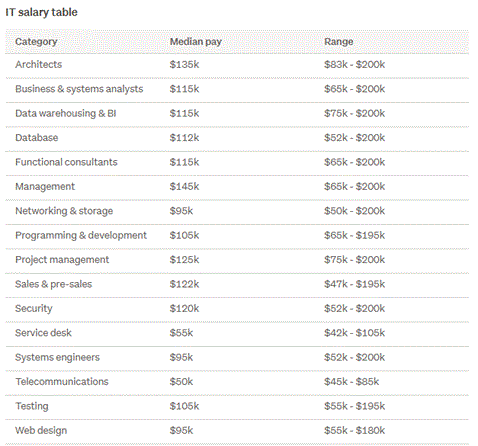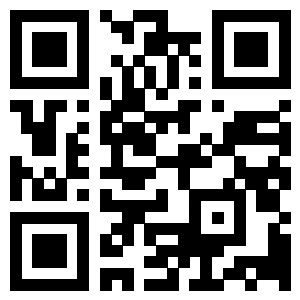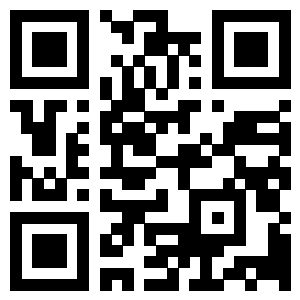大学英语四级/cet4词汇带英文注释(六十三)
opposite [(1) as different as possible; (2) completely different from; (3) exactly the other way]
They worked on opposite sides of town. (1)
The two men held opposite opinions on the war. (2)
North is the opposite direction from south. (3)
oppress [(1) to make others suffer; (2) to control by the use of unjust and cruel force or power]
The Khmer Rouge used torture and murder to oppress the Cambodian people. (1)
The American colonists declared independence because Britain oppressed them with heavy taxes and brutal force. (2)
or [(1) giving another of two choices; (2) giving the last of several choices]
Would you like coffee or tea? (1)
I could meet you at noon on Monday, Tuesday, or Friday. (2)
orbit [(1) to travel in space around a planet or other object; (2) the path or way an object travels in space around another object or planet]
The spacecraft will orbit the moon three times. (1)
The satellite is in an orbit that will keep it always above the same place on Earth. (2)
order [(1) to give a command; (2) to tell someone what to do; (3) a command; (4) the correct or normal way things are organized; (5) a peaceful situation in which people obey laws]
The sergeant ordered the marching soldiers to halt. (1)
The court ordered election officials to count the votes again. (2)
You have no choice but to obey the order. (3)
The President spoke about a new world order. (4)
Police stopped the rioting and returned order to the city. (5)
organize [(1) to put in order; (2) to put together into a system]
He needed a few minutes to organize his thoughts. (1)
She will help him organize the material for his book. (2)
other [(1) different; (2) of another kind; (3) the remaining one or ones of two or more]
Any other woman would have left him. (1)
He wanted a life other than his own. (2)
That man is short; the other is tall. (3)
our [of or belonging to us]
We ate our dinner in the park.
oust [(1) to force to leave; (2) to remove by force]
The soldiers ousted the farmers from the village. (1)
The rebels ousted the President. (2)
out [(1) away from the inside; (2) opposite of in]
He walked out of the house. (1)
She was out of the office when I arrived. (2)
over [(1) above; (2) covering; (3) across, in or on every part of]
She looked up as the plane flew over her. (1)
He pulled the blanket over his sleeping daughter. (2)
She has traveled all over the world. (3)
overthrow [(1) to remove from power; (2) to defeat or end by force]
The people of Yugoslavia overthrew the President. (1)
The report said the generals were plotting to overthrow the government. (2)
owe [to pay or have to repay (usually money) in return for something received]
How much do I owe you for the coffee?
own [to have or possess for oneself]
He said he owned the car.
- 相关阅读







